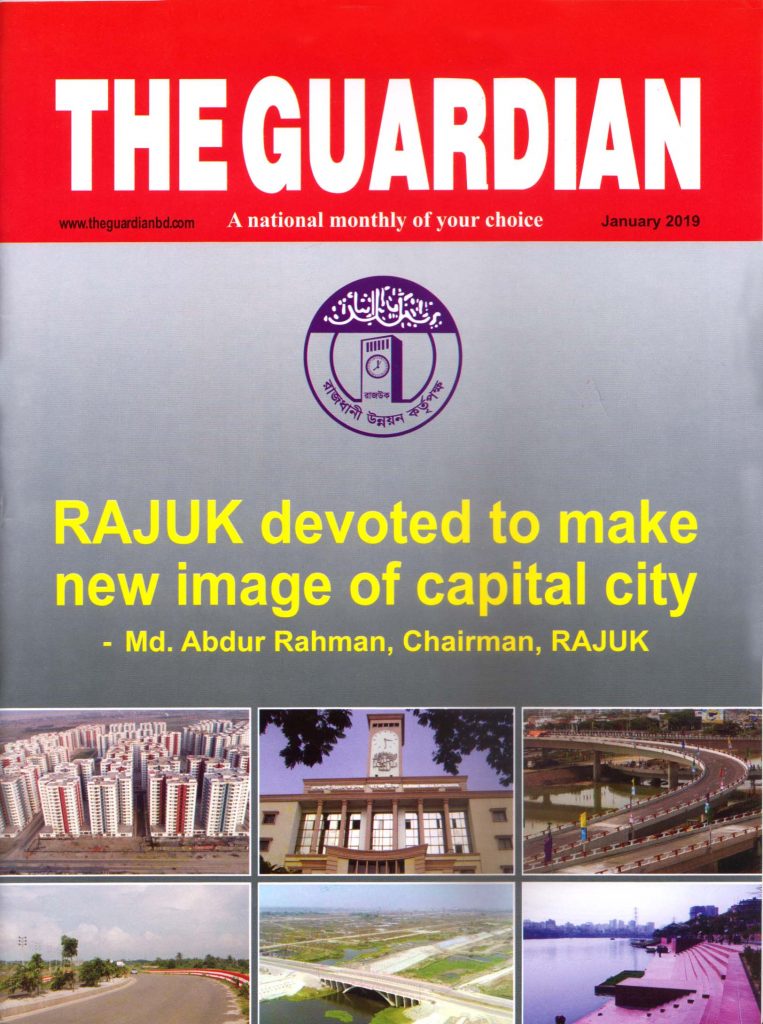Pope Francis has named a new secretary of state, in what is seen as his most significant appointment since he became leader of the Catholic Church in March.
Archbishop Pietro Parolin, a 58-year-old Vatican diplomat, replaced Cardinal Tarcisio Bertone, 79, who is retiring.
Cardinal Bertone, appointed by Francis’ predecessor Pope Benedict, had been widely criticised over last year’s so-called “Vatileaks” scandals.
Leaked documents revealed corruption and infighting at the Vatican.
The secretary of state heads the Roman Curia, the central administration of the Catholic Church, and is the Pope’s chief adviser.
Analysis
 David WilleyBBC News, Rome
David WilleyBBC News, RomeThere has been a lack of co-ordination within the various dicasteries or administrative sections which form the Roman Curia or central government of the Roman Catholic Church during the past two decades.
The late Pope John Paul II was in poor health for almost a decade before his death in 2005 and left many decisions to his aides. His successor Pope Benedict has not been seen as a successful administrator.
Pope Francis has already set in motion the reform of the Vatican Bank which has allegedly been turning a blind eye to money-laundering by some of its clients.
But the appointment of his new secretary of state is by the most important single administrative act carried out by the new Pope since his election last March.
Archbishop Parolin, an Italian, is currently the Vatican’s nuncio – or ambassador – in Venezuela.
In a statement, he said he would give the Pope his “completely availability to work with him and under his guidance for the greater glory of God, the good of the holy Church and the progress and peace”.
The BBC’s David Willey in Rome says his appointment marks the beginning of the replacement or dismissal of several former key members of Benedict’s administrative team.
Pope Francis has also promised to stamp out abuses at the Vatican bank – officially known as the Institute for Religious Works.
Shortly after his appointment, he set up a commission to investigate the bank and report back to him personally.
He later issued a decree to combat money-laundering.
The Vatileaks scandals erupted in 2012, when former Pope Benedict’s butler, Paolo Gabriele, published confidential documents from Vatican offices alleging widespread corruption and mismanagement.
Gabriele was convicted and sentenced to 18 months in jail for stealing the papers, but he was subsequently pardoned by Benedict.









